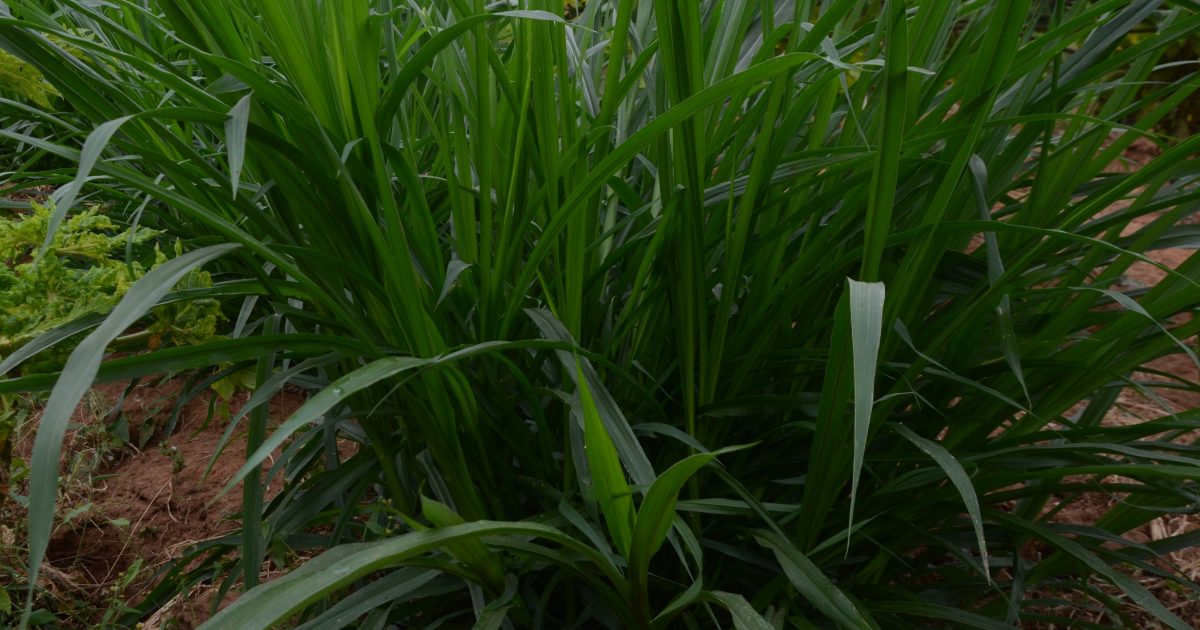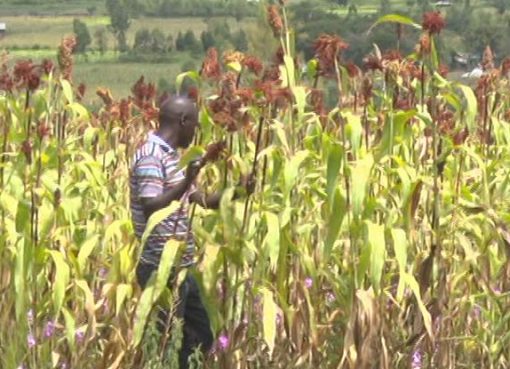As drought continues to ravage most parts of the country causing acute food shortage for both human and livestock, a Murang’a-based farm consultant has urged dairy and livestock farmers in both Arid and Semi-Arid Lands (ASAL) of Kenya to embrace climate smart agriculture.
James Gathumbi opines that the newest hybrid super Napier grass is currently the fastest growing and drought resistant animal fodder crop and arguably a game changer in the dairy industry worldwide.
“Super Napier also known as Pakchong I is obtained by crossing the ordinary Napier (elephant grass) with pearl millet which gives it a drought resisting ability,” he notes.
“Considering that the country has experienced drought and severe climate conditions, the farmers have been greatly affected many of whom have suffered the loss of livestock and planting a drought resistant fodder like supper Napier that matures within 45 days can cushion the farmers against such unprecedented losses,” observes Gathumbi.
The super Napier grass has been found to have milk boosting capabilities due to its high protein content of 18 percent which is crucial for milk production.
“It has a very high biomass with a protein content of 18 percent which is double the amount of protein found in ordinary Napier grass and does well with little or no irrigation,” he further adds.
“It is a fast-growing fodder that will attain a height of 2.4 meters just 60 days after planting and is a highly vegetative plant that we have seen doing well in dry areas like Narok and Malindi.
“It is also not attacked by pests and diseases that attack the ordinary Napier and does well in all types of soil,” he expounded.
From an acre piece of land, a farmer will harvest up to 200 tons of the revolutionary pakchong I Super Napier per year which is enough to sustain 15-20 animals in a zero-grazing structure.
When planted, the farm consultant divulged that the grass would remain productive for up to 20 years without re- establishment.
Super Napier grass has soluble carbonates hence can be chopped, compacted and stored for up to three years.
The fodder is highly palatable to all livestock, camels, rabbits, goats and can even be fed to chicken and fish as pellets.
A report by the National Drought Management Authority (NDMA) indicates that more than 23 counties in arid and semi-arid lands are faced with acute food shortages and inadequate pasture and water for their animals.
The drought situation in the country is due to the dismal performance of the March-May long rains, the short rains and the effects of the coronavirus pandemic.
Notably, the situation has further been exacerbated by the desert locusts’ invasion in the country.
By Florence Kinyua




